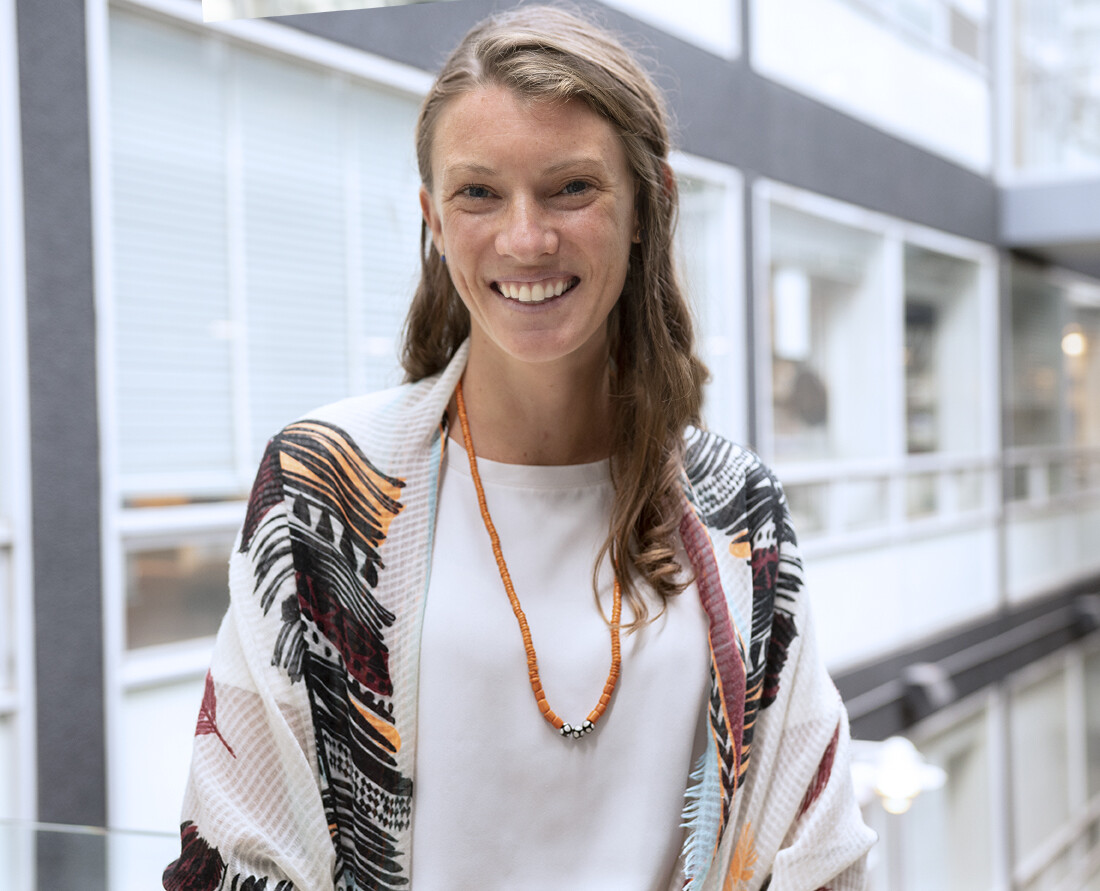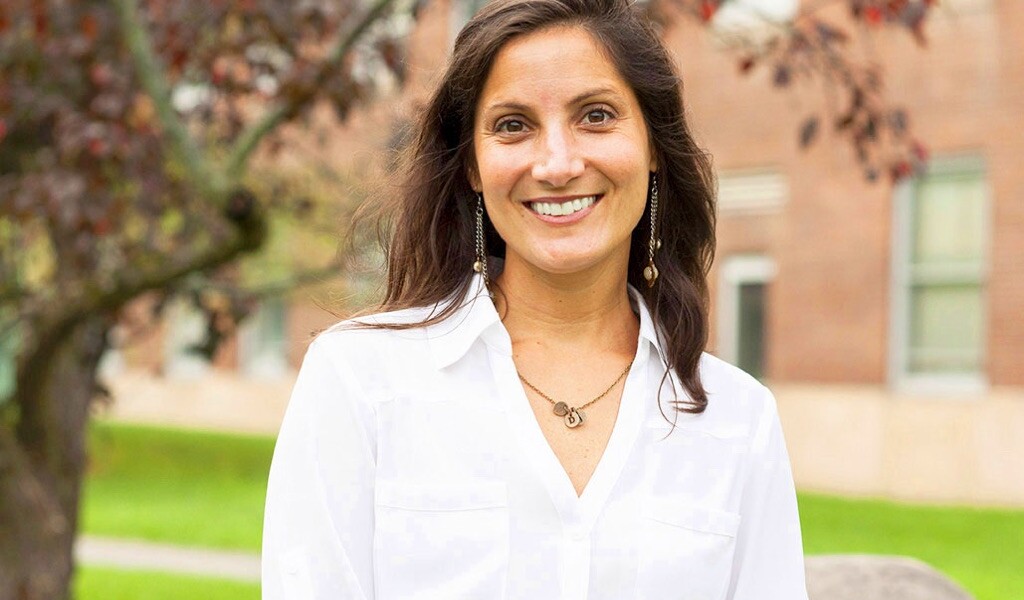Helping to teach public health in a refugee camp on the Thai-Burma border opened Kelsey Gleason’s eyes to the need for building capacity and empowering communities to improve sustainable health practices.
As a graduate teaching fellow in the Harvard School of Public Health four years ago, Gleason traveled to the Umpiem Mai refugee camp near Mae Sot, Thailand, twice—first to study public health with Burmese refugees and later to help teach a public health field course.
“The experience solidified my desire to teach global public health,” says Gleason, who joined the UVM Larner College of Medicine as an Assistant Professor and will teach in the UVM Public Health program. “Most of the students there had never been outside of the refugee camp, but they were using a local public health program as a way to help their community.”
According to the World Health Organization, most low- to middle-income countries have to cope with a wide range of health problems that interfere with their economic development. Public health is a major priority, especially to address the spread of AIDS, tuberculosis and common infectious diseases, as well as the rise of chronic disease epidemics. A trained workforce of health professionals is essential in these countries. However, there is a lack of adequate capacity.
“There is a need for public health in the global health sphere,” says Gleason, who has researched and worked in countries such as Myanmar, Bangladesh, Kenya, Haiti, Ethiopia, and East Timor. “What I’m passionate about is building capacity. It’s not about teaching and then leaving. It’s better to build capacity so community members can do things themselves. Teaching communities basic public health concepts can have a huge impact.”
Teaching at UVM
Gleason, a New Hampshire native, studied at Cornell and Harvard and is trained in environmental epidemiology. The flexibility and innovation of the UVM Master of Public Health online program—as well as an opportunity to help build the program’s global health curriculum—drew her to UVM.
The 42-credit online program can be completed in two years. Many students in the program are working professionals—including some who work outside of health care.
“What’s so great about public health is how broad it is. There’s no one career that is defined by public health. You can be a public health generalist or have a specialty. This program allows you to explore entirely different areas of public health and choose what you want to do.”
That’s exactly what happened to Gleason when she was a student. As an undergraduate at Cornell, Gleason assumed she would go into medicine. Then she learned about public health during her senior year, and it changed everything.
“I felt that public health better matched my style and what I wanted to do. Medicine is so wonderful and necessary, but I like the population health aspect more,” she says. “What I love so much about public health is that you have the ability to help and change communities.”
Learn about the UVM Master of Public Health Program.




